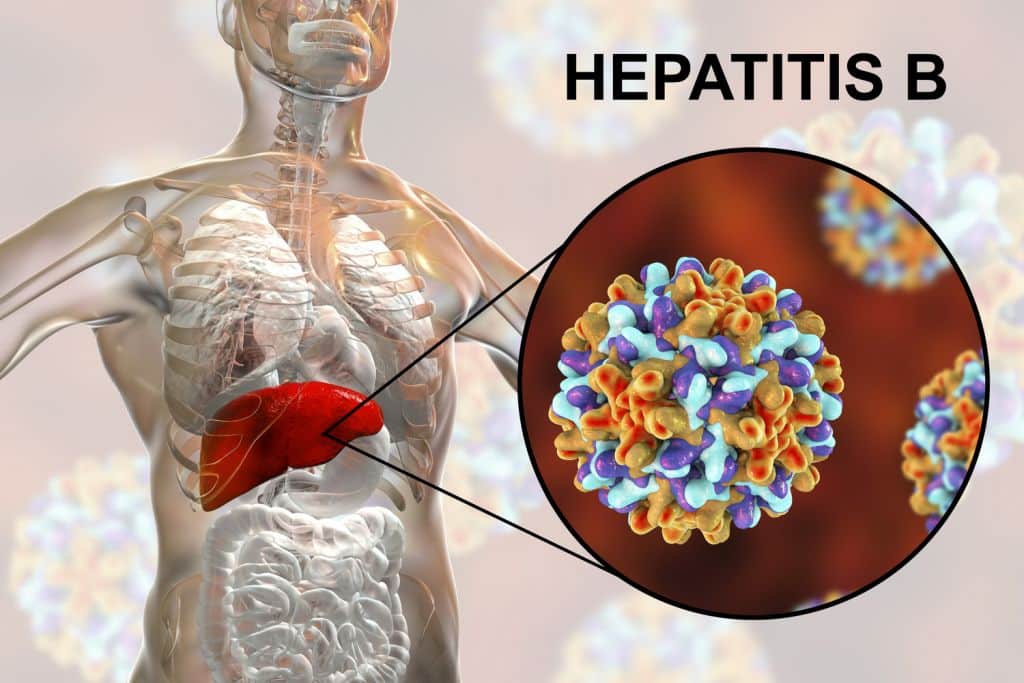A clinical-stage biopharma company has announced its study of product VTP-300 for use in patients with hepatitis B has resulted in positive safety and efficacy data.
Vaccitech plc deals with novel immunotherapeutics and vaccines for the treatment and prevention of infectious diseases, cancer, and autoimmune diseases.
The updated analysis includes 39 patients with at least three months of follow-up.
Functional cure
Henry Chan, honorary clinical professor and a scientific advisor at Vaccitech, said: “The immune system is likely a needed component in achieving durable of Hepatitis B surface antigen (HBsAg) loss that could lead to a functional cure for patients with chronic hepatitis B (CHB).
“This exciting initial data supports VTP-300’s potential as an immunotherapy that can stimulate an antigen-specific immune response and could be a critical component of a functional cure regimen. I look forward to following future clinical and combination developments.”
HBsAg is a hallmark of chronic hepatitis B virus (HBV) infection. Fewer than 10% of patients on current standard of care HBV therapies ever achieve distinct, sustained HBsAg decrease or loss, a state associated with functional cure of the disease.
The data showed VTP-300 as a monotherapy or in combination with a single low-dose nivolumab at the time of the booster dose was safely administered with no treatment-related serious adverse events and two patients with mild, rapidly resolving transaminitis.
Enhanced immune response
VTP-300 is a novel immunotherapy, dosed in a prime-boost regimen, whereby the immune system is primed with an adenovirus (ChAdOx1) and boosted with a pox virus (MVA). Both vectors have been modified to improve safety, enhance the immune response they induce and include HBV specific antigens including core, polymerase and surface antigen.
The study showed that in the VTP-300 monotherapy group, meaningful and durable reductions of Hepatitis B surface antigen were seen in all three patients with baseline HBsAg under 50 IU/mL.
The data showed three patients had ‘dramatic’ declines two months after the last dose of VTP-300. The company said these declines have persisted in all three patients at their latest follow-up at five or eight months after the last dose of VTP-300.
Patients with baseline HBsAg lower than 1,000 IU/mL had the most obvious results. One patient in this group developed a non-detectable HBsAg level, which continued eight months after the last dose of VTP-300.
Encoded antigens
A robust T cell response against all encoded antigens (core protein, polymerase and surface antigen), measured by overnight stimulation, was observed following VTP-300 administration, notable for marked CD8+ T cell predominance.
Chief scientific officer at Vaccitech, Thomas Evans said: “The robust T cell response and marked, durable HBsAg reduction eight months after VTP-300 administration is remarkable. We believe the prominent effect we are observing in patients with lower starting HBsAg levels supports the collaborative study with Arbutus Biopharma’s siRNA, AB-729, in which HBsAg has shown to be lowered below 100 IU/mL in a majority of treated patients.”
This new data will be presented at the 2022 EASL International Liver Congress by Ellie Barnes, professor of hepatology and experimental medicine at the University of Oxford.
Cover image: Shutterstock





